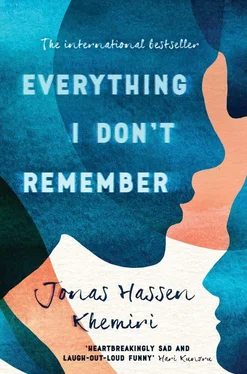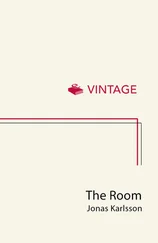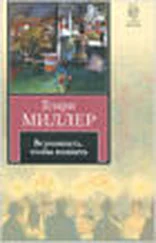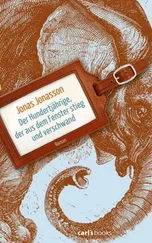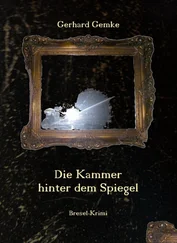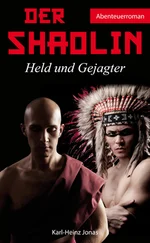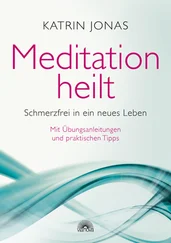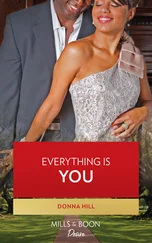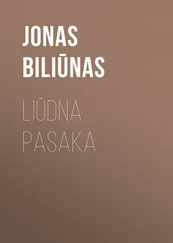“I’ll come down,” she signaled, and soon the door was open.
We hugged each other in the darkness under the broken porch lamp. She looked just as I remembered, except that her skin was paler.
“Sweet glasses,” Samuel said. “Are they real?”
“Of course,” Panther said, sticking her finger through the empty frame. “When in Rome.”
*
Later that same evening, Nihad called. She said she’d met an older, female Persian poet whose application for a residence permit had just been denied.
“Is it okay if she stays here for a few nights? Just until she finds somewhere else?”
“Of course,” I answered.
It didn’t cross my mind to check with Samuel. What would he say? “No, sorry. This house is just standing here empty but I really must okay everyone who moves in?” In fact, I thought the more women who lived there, the better. I thought it made the place safer. My only worry was that one of the neighbors might become suspicious.
*
We walked up the stairs together, it smelled like coal and wood, the graffiti made it hard to tell what color the stairwell was supposed to be. The apartment had white walls and an old wooden floor, there was a yellow-tiled igloo in each bedroom, one was warm and the other was cold. One of the walls in the bathroom was covered in a five-meter-long strip of wallpaper with Alps on it, and in the kitchen was a gas stove and a fridge that closed with a rope.
“Cool, huh?” said Panther. “A genuine Berlin apartment.”
“Definitely,” said Samuel.
I nodded because it’s easier to lie with a gesture than with your voice. Sure, I thought the place was cool. But not so cool that I wanted to live there, more like cool as in, okay, places like this exist in the world too, but please keep driving until we get to my hotel with functioning heating, a big-screen TV, a mini-bar, and not two rooms that are heated by coal. Because that was why there were sacks of coal in the bedrooms. The two yellow igloos were coal stoves.
“But I didn’t have to use them all that much this past winter,” said Panther. “And there’s electric heat too.”
“But isn’t that pretty expensive?” Samuel asked, and I looked at him and wondered what was up with him. I’d never heard him talking about money like that. And I thought that it couldn’t be his fault — it had to be someone else’s.
*
On the third day, Nihad called and said that they’d had some problems with the electricity in the house, now and then it would sort of turn off and on. They had tried changing all the fuses, but nothing helped. I said I would come over, and that afternoon I was sitting on the commuter train again. The garden looked like it usually did, the same plastic toys, the same piles of rotting apples, and that was good, I had been careful to tell them that they couldn’t change too many things that were visible from the outside. The inside, on the other hand, was very lively. About ten kids were playing with a Frisbee in the part of the yard that didn’t face the street. Two men were smoking on the terrace, they said hi to me and one asked if I was Rojda’s lawyer.
“No,” I said. “Who’s Rojda?”
“Never mind.”
I walked into the house. The spider webs and urine smell were gone, it smelled like fresh bread, an old lady about Samuel’s grandma’s age was sitting in the living room and watching a children’s show with two toddlers. Zainab was in the kitchen, cooking, she explained that Maysa and her family lived on the bottom floor and that the new arrivals without children took sleeping bags up and slept in the attic.
“But there’s only women living here, right?” I asked.
“Of course,” she said. “Women and children.”
“Who are those people out there?”
“They’re leaving soon.”
Zainab explained that she only cooked for her own family. At first they’d tried making common meals but she ended up buying all the food and after a while she got sick of it.
“It’s nice that you came,” she said. “But the electricity seems to be working now — we found another fuse box in the basement and there haven’t been any problems since we fixed the wires in there.”
I stood there in the kitchen. I wanted someone to say thanks, point out how great it was of us to organize all of this. But people were wrapped up in their own lives, the lady in the TV room waved goodbye as I left, and Nihad wasn’t home, but I assumed her son was the one playing Frisbee, he had her dark curls and beautiful dimples and the same kind of sparkling brown eyes that made it hard to look away.
*
That first evening we hung around the neighborhood, which was totally deserted, hardly a person in sight, even though it was five in the afternoon.
“Where is everyone?” I asked.
“Well, they’re definitely not at work,” Panther said. “There’s, like, no one in Berlin who has a job.”
“So what do people do?”
“In my building there are two Danish designers, an unemployed Portuguese architect, a schizophrenic war veteran, and a Swedish author. He’s half Tunisian, by the way,” she added.
“Who is?”
“The author.”
This was the first and only time I ever heard Panther mention you. Samuel seemed uninterested. We walked toward a water tower, we passed a restaurant that was closed, a few abandoned ping-pong tables, an empty bar on a corner. Still zero people.
“It’s like Östermalm-empty here,” I said.
“Like a ghost town,” said Samuel.
“Mmhmm. But it’s this part of the city, too, they’ve gentrified the shit out of it. It’s kind of a shame. But this is sick.”
Panther ran over to the playground, she took aim and jumped onto a little mound and suddenly she was bouncing on a trampoline, her black hair became a waterfall in the wind, she bounced higher and higher.
“Whooo! Cool, huh?”
And I twisted toward Samuel to say “What is she doing?” But I didn’t have time to finish my sentence because Samuel was already on his way to the next mound, suddenly both of them were jumping up and down in the playground and shouting “wheee” like two lunatics and I stood there for a few seconds and didn’t know what to do. Then I looked around and thought, Fuck it — Experience Bank, and ran toward the third trampoline mound.
*
Samuel was gone for five days, and every night I imagined he had met someone new. The first night it was a South African circus artist who had recently gone in a new direction and become a union-representative nurse. They talked for hours about the societal consequences of living with memory loss in a post-Apartheid system. Then they went home and fucked. The second night it was an Indonesian political scientist, they talked for hours about how they were so much more than their boring careers. Then they went home and fucked. The third night it was a half-Jordanian performance artist. They talked for hours about the importance of frequently adding to your Experience Bank. Then they went home and fucked. Deep down I knew that Samuel lacked the willpower to resist. An experience like that was impossible to say no to, he turned to Vandad and Panther who locked their lips with invisible keys, and to avoid being eaten up by his guilty conscience he bombarded me with texts in which he wrote everything except that he missed me.
*
The next day we rented orange bikes and went to the Stasi Museum. We looked at cases full of historical agent technology, there were scent-capturing mushroom chairs, hidden cameras, eyeglass-walkie-talkies. Then we biked to Neukölln and ate tortillas and drank beer. Panther wanted to introduce us to her friends and I nodded and thought that it might be fun to meet some Germans. Unfortunately, none of them were German. There was a Thai-American author, his Irish artist girlfriend, a red-haired British language teacher, a Polish girl who was dating a Hungarian director of short films. And later, after midnight, you showed up on a rickety black women’s bike. I watched you and Panther nod at one another. Samuel and I put out our right hands. We said hi, but as soon as you realized we were from Sweden all the interest drained from your face. You quickly moved on, and Samuel said:
Читать дальше
